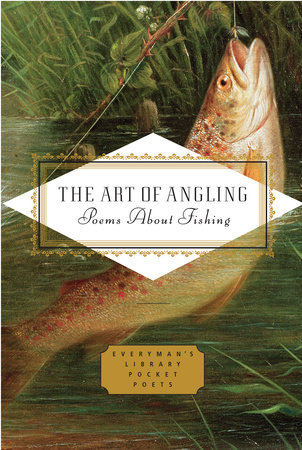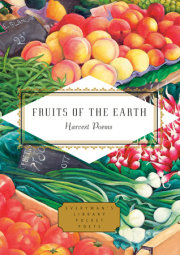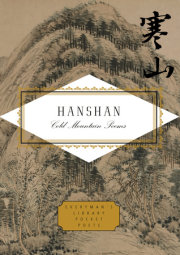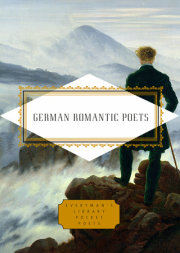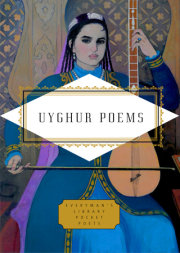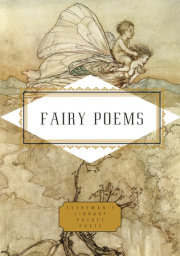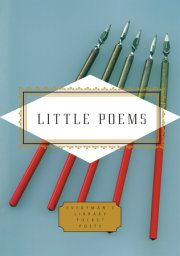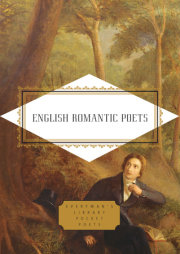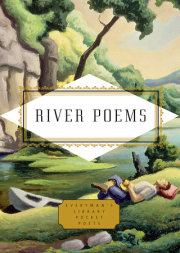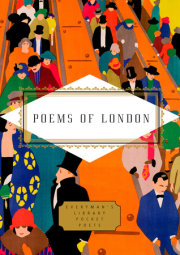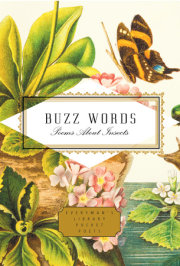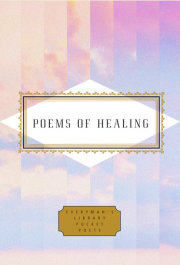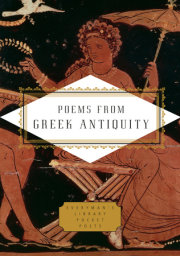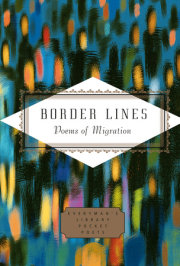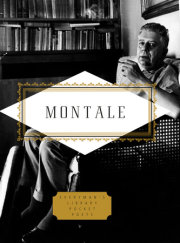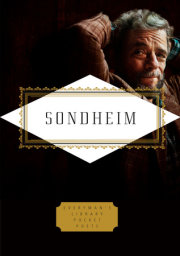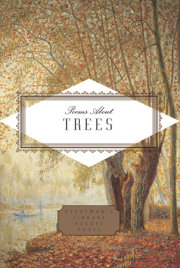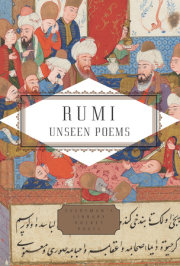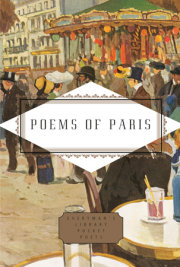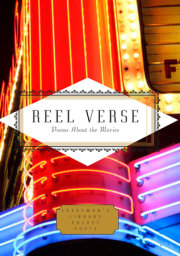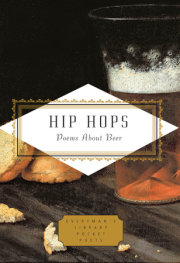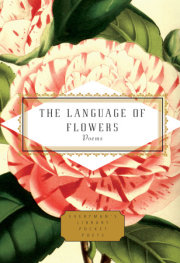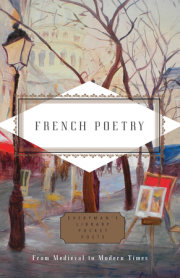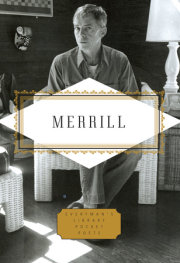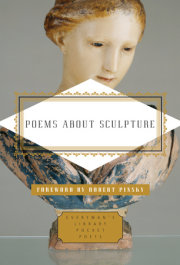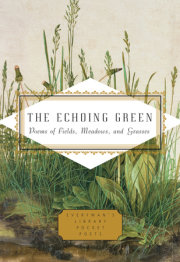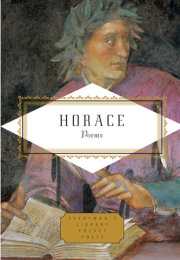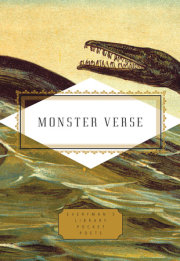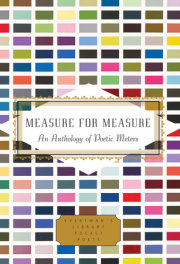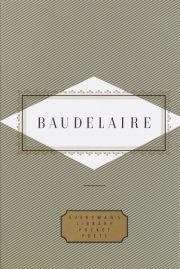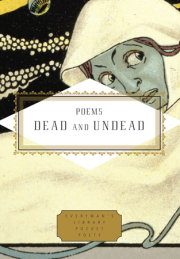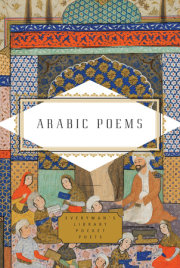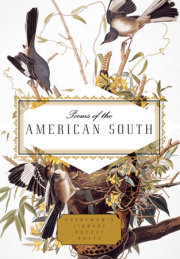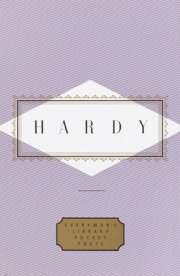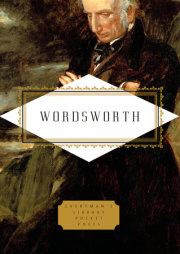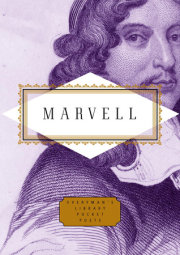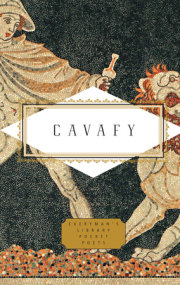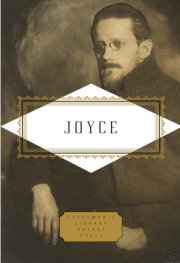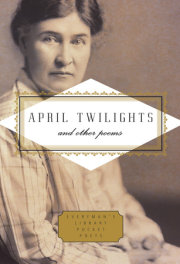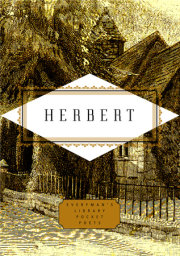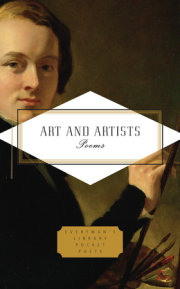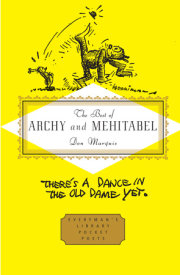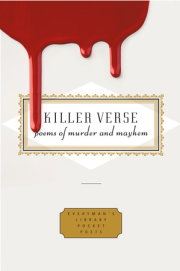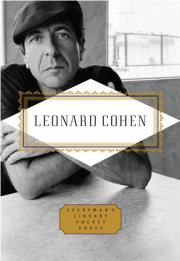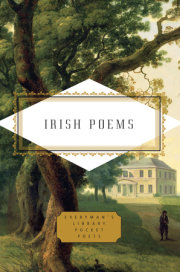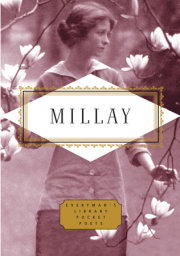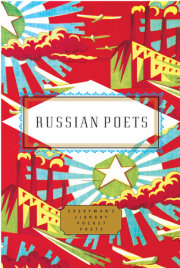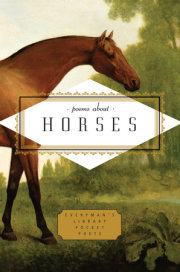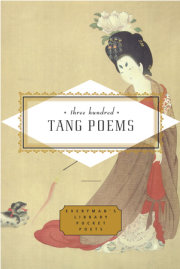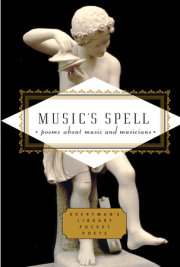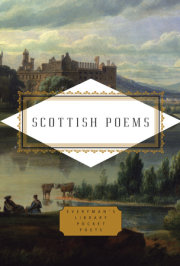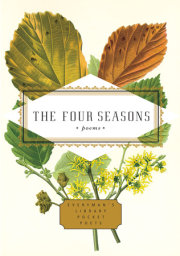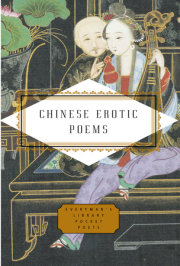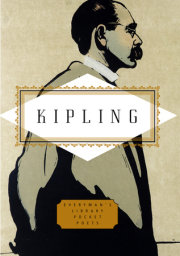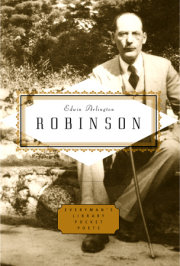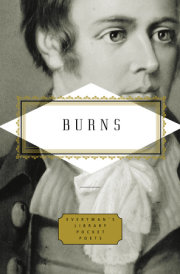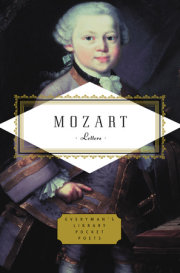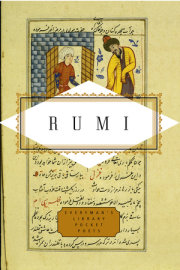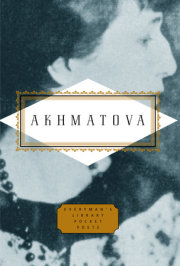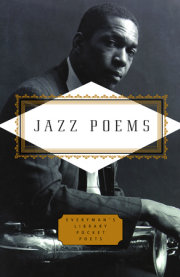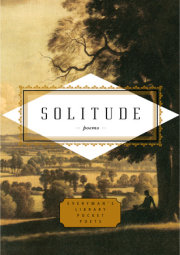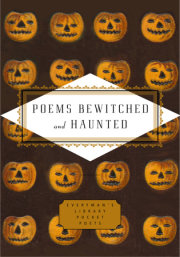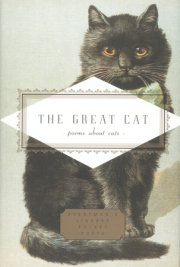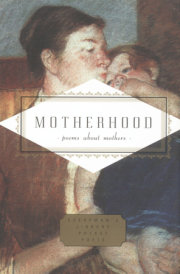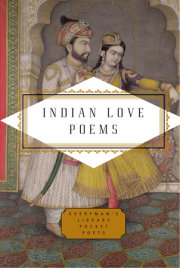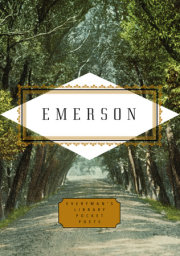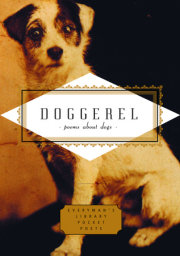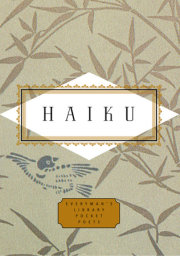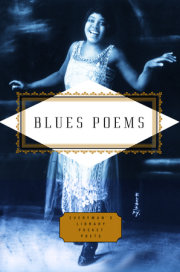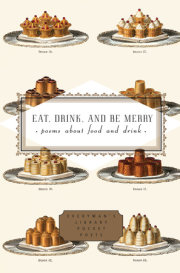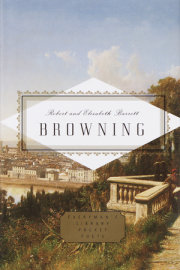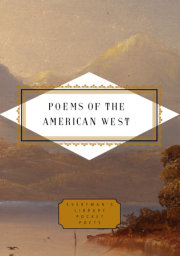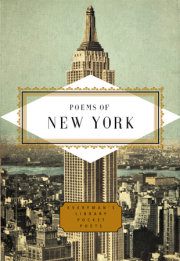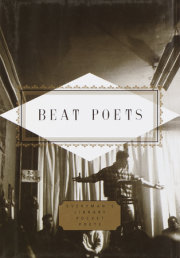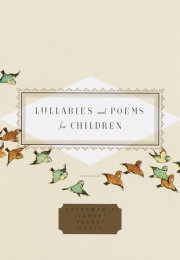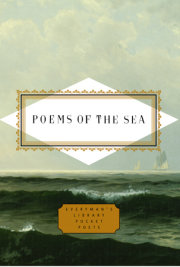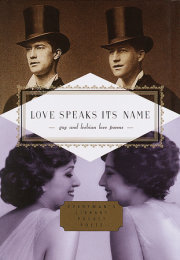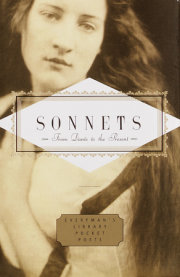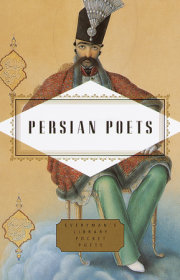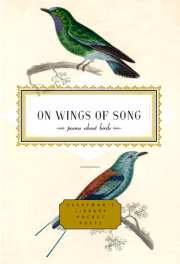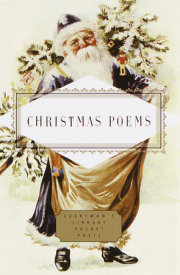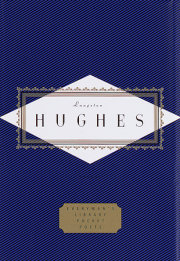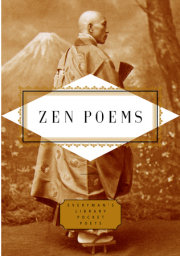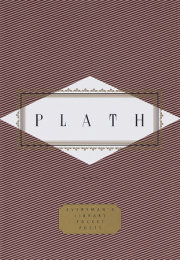From the Foreword by Henry Hughes
I have been fishing and reading all my life, and the strands of those experiences have braided lines strong enough to hold just about anything that swims. As a boy, plying the waters off Long Island and imagining the creatures that swam below, I thrilled to the bite and pull of the line, wild with fascination and desire when a brassy porgie or silver snapper flashed into view below the dock. Men stepped off boats with huge bluefish and stripers, told stories of even bigger fins and broken lines, tides and depth, sharks and birds, storms and wrecks. There were always mysterious forces at work, and beneath these forces always more fish. I feel them now, primitive pulses from the earth's first living element — leviathan and minnow, grey lugs and sparkling jewels, from shimmering shallows and deep, dark places — luring us to connect.
The poetry in this collection explores all angles of angling, that is, fishing with hook and line for food and for pleasure. Here are wild tales of sporting adventure, lush descriptions of nature, the most practical advice, and the deepest meditations on the meaning of life. From ancient Greece and China to last Friday at the lake, from the very young to the very old, the span of time and water here is enormous.
The Old Testament mentions fishing with a hook, as do many Roman writings. Ovid tells us to keep casting in life because we never know where and when a fish may strike. Martial warns us to stay out of the ruler's pond. Timeless quandaries, indeed. Christianity has take the fish for one of its guiding symbols, and several poets allude to Christ's promise to make his disciples "fishers of men." Fish rise throughout East Asian literature as well. In China's Tang and Song dynasties, writers Wang Wei, Du Fu, and Zhu Dunru explore fishing as an escape from the stresses of a demanding civilization and as a means to enlightenment through Daoist and Buddhist contemplations of nature. Poet anglers from China, Korea, and Japan also used fishing as an excuse to avoid work, write poems, and have a few drinks with friends, giving an ancient pedigree to the long-standing tradition of angling companionship, later celebrated in British salmon songs and American catfish serenades. Fishing can be a solitary, serenely peaceful activity in the heart of nature; it can also be a social event along the crowded banks of a river or aboard a beer-splashed party boat.
Although angling has developed well beyond the need to catch something to eat, sport fishing remains one of the few ways people in the twenty-first century can participate — if only occasionally and recreationally — in the catching and killing of their food. Although I admit the price per pound nets no savings, nothing pleases me more than chasing salmon and steelhead in Oregon's coastal bays and rivers. The pleasures rise with misty mornings, cast after cast, a new lure, a new spot, a long troll, fresh bait, consideration, persistence, and luck. And if I catch and keep a legal fish or two, they are cleaned, prepared, and cooked or smoked to the delight of family and friends. Like many of the poets in this collection, I feel tremendous satisfaction in this kind of
complete fishing. Plato called fishing an "acquisitive art," but after a day on the water we acquire more than fish.
The sixteenth-century Korean poet, Song Chong'won, says the best way to understand how to live is to "fish without catching any." This process-not-product Buddhist notion of fishing as a way toward enlightenment has found many followers and complements in the long tradition of world angling. Fishing as a metaphor for the art of living is the principal guiding message Izaak Walton's
The Compleat Angler. Published in five editions between 1653 and 1676, Walton's book combines a lot of how-to advice and a hatred for otters with a measure of simple reflection that is heartfelt and profound; heartfelt because we hear Walton's voice talking to us about a sport he really loved, profound because, like the Asian sages he never read, Walton came to see that fishing could lead a person towards higher ends (though catching the fish was still important). Angling, like any art, demands learning and practice, but fish can be uncooperative, requiring anglers to develop the virtues of hope and patience. If we can become better anglers, Walton suggests, we might become better people. Walton also avowed that no amount of wealth or privilege could substitute for a day spent fishing on a beautiful river, a sentiment echoed in many poems here. Close the shop and hang the sign, "Gone Fishing." In a world of money-driven achievement, meetings, emails, and cell phones, fishing for many remains a
purer pursuit.
The pleasure, admittedly, is all at the angler's end. A passage from the
Odyssey makes a frightful analogy between Scylla's seizing of Greek sailors and a surf caster hooking and landing fish. Over the years, poetry has tightened the lines of identification between humans and fish, whether it's the sixteenth-century English poet John Dennys reminding us that we are something like a dace, swimming free and joyous yet easily lured by vain delights, or Elizabeth Bishop's twentieth-century tribute to a venerable, battle-scarred fish who stirs her sympathy and is released. Awareness of its implications has become a part of the act of fishing.
As the evolution of sport fishing took various forms, both technically and philosophically, fly fishing deserves special note. Fishing with tied feathers and wool is mentioned in ancient Greek writing, but the art of fly fishing was most fully established in Restoration Britain and informed sophisticated discussions on the means and ethics of fishing in the years to follow. Eighteenth-century poets John Gay and James Thomson make impassioned cases for the superiority of fly fishing over bait fishing, extolling its "art" and claiming the fly to be less injurious to the fish. The art of tying and casting flies appears here in the poems of John Donne, Walter Scott, William Butler Yeats, John Engels, and Cecily Parks. And writers such as Norman Maclean, Thomas McGuane, and Ted Leeson — informed by the latest stream science, mindful of fishing as a way into nature, and receptive to the metaphors linking art and life — have given us what must surely be some of the finest poetry in prose on the subject.
Just as there a variety of sport fishing techniques and styles (fly fishing, spin casting with lures or bait, jigging, trolling, ice fishing), this anthology ties together poems from a variety of cultural and literary traditions: from Scottish ballads to tales of bass casting and fried catfish from the American South; from the terse impressions of Basho to the dense, anxious confessions of Ted Hughes; from the straight-talking, redemptive melancholies of Richard Hugo and Raymond Carver to the enigmatic montages of Ed Skoog and Bryan Beck. There are even romantically erotic plays on fishing from Yu Xuanji, Shakespeare, Sandra Alcosser, and Roseann Lloyd. Some relatively forgotten poets make well-deserved appearances as well, such as Isaac McLellan, a Roosevelt-era American sportsman who was a bit swaggering and over-enthusiastic, perhaps, yet detailed in his nature chronicles, sensitive to conservation, and touchingly nostalgic for those halcyon days of youth and old fishing spots lost to urban progress.
Collecting poems for this book was a lot like fishing. I knew right where to look for some of them, others proved elusive, and some were complete surprises. What a pleasure reeling them in for a good look, even if man had to be released. I angled diverse waters, yet there remain regions and spots untried. And though some streams are very familiar to me, they still hide fish of importance. So many more places to fish, so many more fish to catch.
Copyright © 2011 by edited by Henry Hughes. All rights reserved. No part of this excerpt may be reproduced or reprinted without permission in writing from the publisher.

